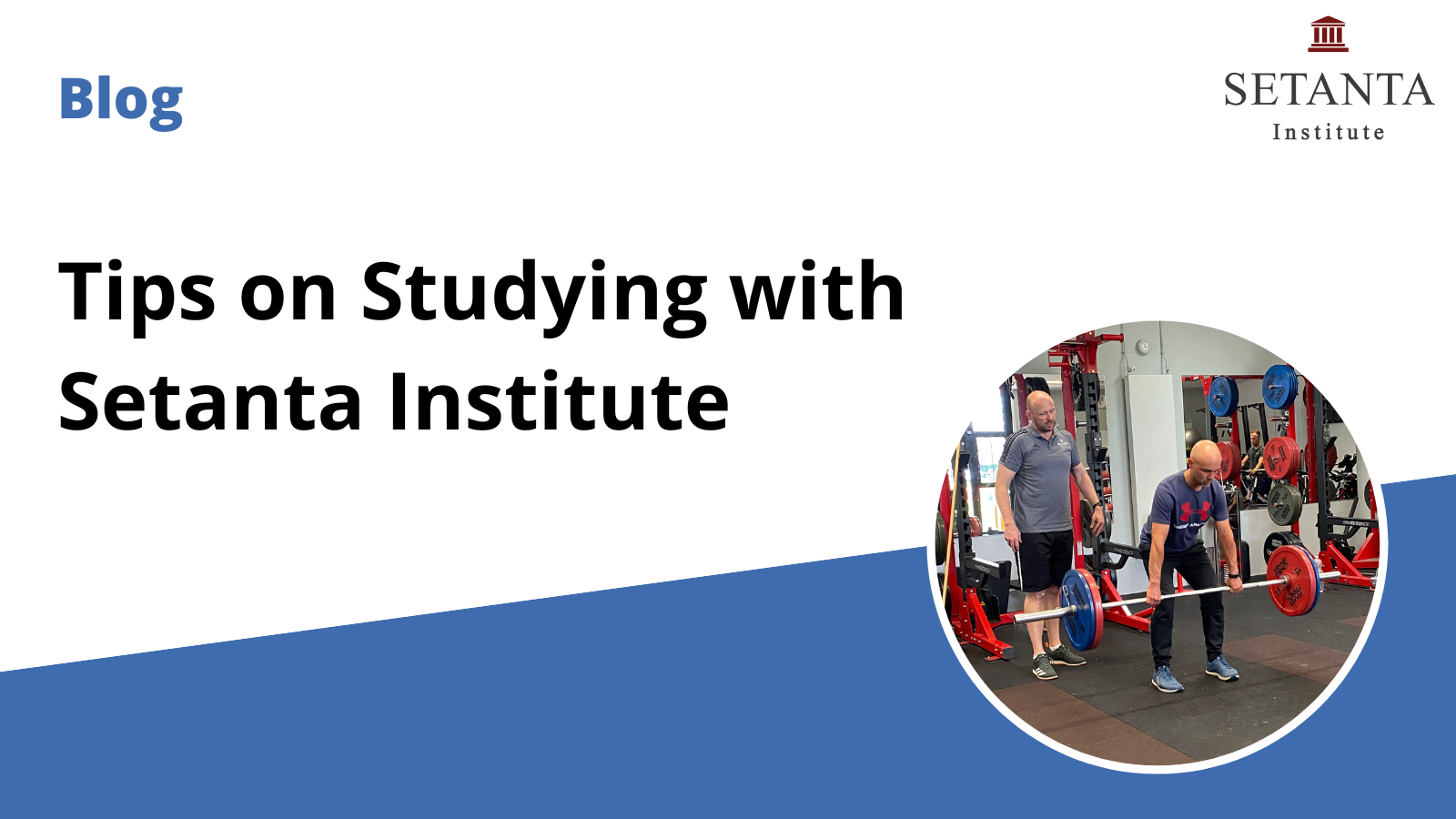At this time of year, as we approach the deadline for enrolments, we receive many questions from students who are beginning their studies with Setanta Institute or from people who are contemplating joining one of our courses. In this piece, our team provide some helpful advice to ensure you get the most out of your studies with Setanta Institute and also answer some of the most common questions we receive at this time of year.
Tips from Admissions
- Attend the Workshops – Not only are they beneficial, but they also carry grades that count towards your overall module grade. These workshops also provide the opportunity to meet fellow students and learn from our world-renowned lecturers – a perfect networking opportunity.
- Time Management – I would also urge students to be smart with their time. The study doesn’t have to be completed all in go. If you have 30 minutes free, use it to read or research. If the study time builds up, the workload will decrease.
- Ask for Help When Needed – We have a great support network here at Setanta Institute and our student services team is always here to help. If you are not sure about something, make sure to reach out and ask us.
- Utilise All of the Available Resources – Setanta Institute provides plenty of learning content and supporting resources. Make sure to use them to your advantage (for example, our video tutorials on academic writing and referencing will answer most questions students have on how to complete an assignment).
Tips from Student Advisers
- Develop a Routine – As mentioned above, being smart with your time is crucial. Whether you want to get your 4-5 hours out of the way in one sitting or you would prefer to break it into 2 sets of 2 or even 4 sets of 1, develop a routine and stick to it. Consistency is the key to success when it comes to having a steady schedule for your studies and putting a routine in place is hugely beneficial if you’re looking to achieve this.
- Familiarise Yourself with Yammer – This is where you have the chance to communicate with your fellow classmates and your lecturers. It’s where we can replicate the classroom environment and where students and lecturers can build discourse around study topics. Whether you are sharing ideas or looking for information and guidance, using Yammer to its full potential has been a common theme among our top-performing students and graduates.
- Practical Application – We understand not every student is in the fortunate position to be working with athletes/clients, where you can apply what you are learning and have easy access to willing participants. Remember that the general population are just as important and this can come in the form of family and friends. Delivering movement screening sessions to your mates and prescribing some corrective exercises/stretches and then following up with them over the course of a few weeks is a great alternative for those not with athletes.
Tips from Student Services
- We often get asked whether there are any technology requirements or if anything needs to be purchased prior to the course. As our course is delivered through blended learning, the only equipment students will need is regular access to a good quality computer and a broadband internet connection. The majority of the course content is delivered through our online classroom, Moodle, with some learning resources only being available from that source. Students aren’t required to purchase textbooks, and only a basic level of technological competency is required to complete the course i.e. familiarity with using email, and browsing the internet.
- Students also want to understand the structure of assessments and how they are carried out. Setanta Institute students are graded through continuous assessment, and there are no sit-down written examinations on our courses. These continuous assessments are comprised of logbook tasks, assignments, workshop assessments and a final project. We’re always on hand to help students who may be having difficulties submitting assignments.
- Another question we get asked quite often is what happens if a student needs to travel at any stage throughout their studies. Due to the flexible nature of our programmes, missing a week or two shouldn’t present too many problems as the lecture notes may be printed off and studied at any stage within the 12-week module period. If you miss a workshop, it can be repeated at a later date. We do advise that these students get in touch with us in the student services team on when they need to travel, and we can help you come up with a plan to study around this.
For any other questions on studying with Setanta Institute, you can set up a call with a member of our team here.


Leave A Comment